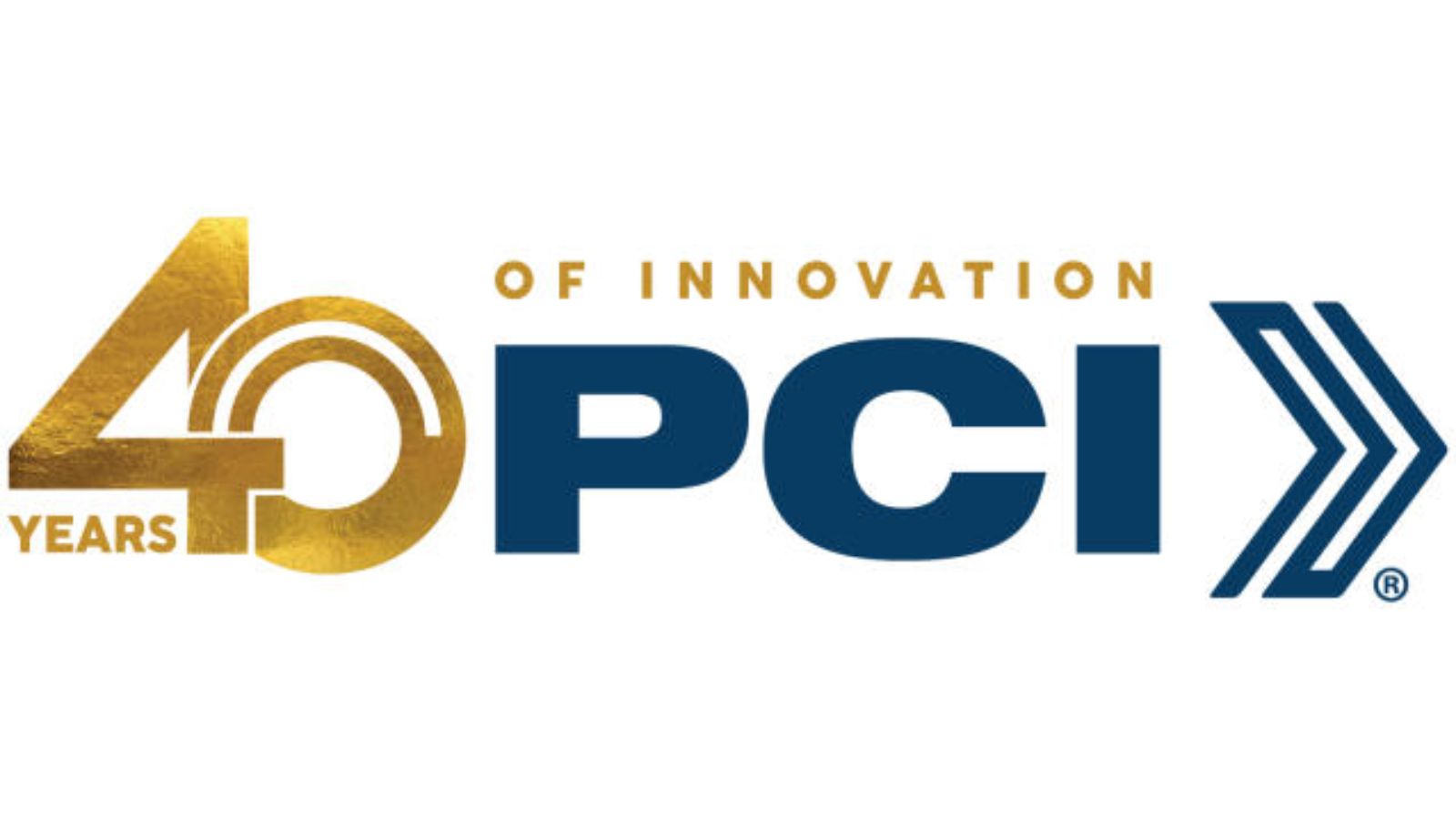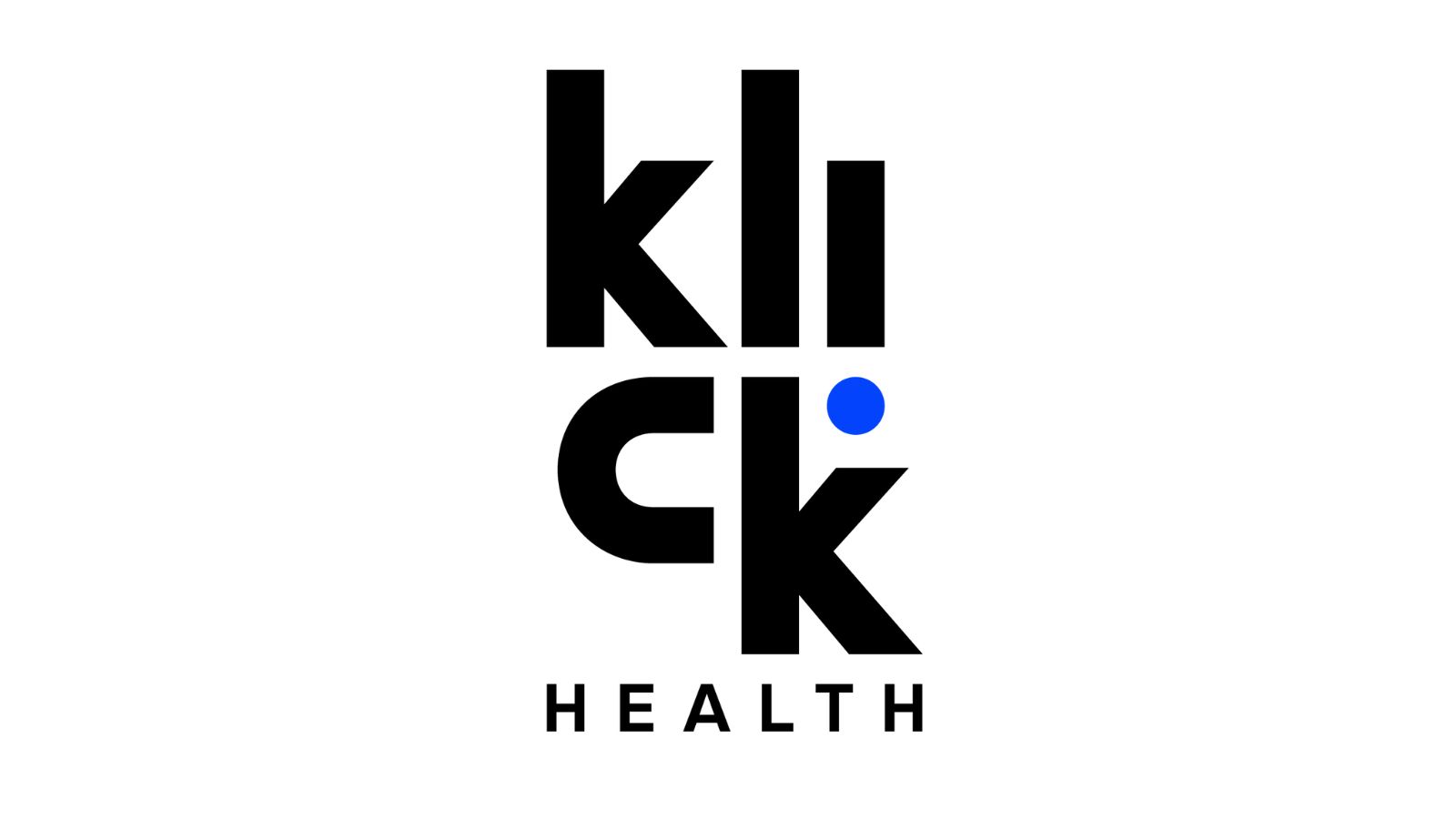I. Introduction
SEO relevance becomes a topic of controversy since the change of algorithm and user’s behavior occurs constantly. But maybe, it is time to announce it as dead might be somewhat premature. In the article “Is SEO Dying? A Search Scientist’s Warning, and How to Adapt Your Strategy” we take a close look at several points.
Applying basic SEO principles these and many more are the topics covered in this article as it seeks to unravel modern SEO. But the fundamentals still remain the same – keywords and messages, their meanings and the way they are being delivered to the seekers.
A. Overview of SEO
Explanation to SEO:
SEO stands for Search Engine Optimization and refers to the process of improving the website in order to increase its ranking on the organic results list in SERP pages. The objective is different and it is to gain and to attract targeted viewership to a website.
There are several techniques involved in Seo some of which are keyword research On page optimization, link building and Technical optimization. Keywords are the words that people use to look for information that relates to your business or your content. It involves finding out what people type in search engines in relation to what they want or what is of interest to them.
On-page is based on Web page creation aimed at ensuring its compliance with the target keywords in the content, titles, meta descriptions, and headings. Link building is yet another technique that involves the process of gaining links from other websites.
Technical search engine optimization concerns increasing usability, the loading rate, the convenience of accessing the site through a smartphone or tablet, and correct indexing of the site by search engine robots.
Introduction to the debate: What is new about SEO: is it actually dying?
The phenomenon of whether SEO is dying originates from the fact that the algorithms in search engines keep updating as well as the behavior of users. Critics propose that a move towards technical SEO from basic approaches may prove useless in the future due to the evolution of search engines.
- Some of the issues that have led to this debate include; The use of voice search, Updated search engine ranking signals, and the higher emphasis placed on other digital marketing platforms like social media and or paid advertising platforms.
- Still, there are people who believe that SEO is relevant and still important when it comes to being online, and that they are wrong in thinking that SEO is dying, it is just transforming. Some initially may seem ineffective but new chances.
For example, business goals such as user experiences and quality content are valuable more recently than previously, in THAT, with the goals of search engines to deliver the best results for users.
- Moreover, SEO went beyond just covering website optimization; it now has other facets present like local SEO, mobile SEO, and content for various platforms.
II. The Evolution of SEO
- Historical context: Of all the specialized approaches that make up the world of SEO (Search Engine Optimization), that one has gone through a lot of change over the time. In this case, people started to focus on the number of keywords they included in the content and the actual backlinks.
Yet, the search engines have advanced in every way and now rank freshness, relevance, and quality of the content, and more importance to the users’ experience rather than the quantity of links pointing to the site.
- Modern trends in algorithms of search engines are oriented towards the identification of user intent, the use of mobile versions of web resources, and natural language processing.
For instance, Google recently unveiled that its BERT update will help in interpreting meaning and context from text and return a more accurate search.
- As we have seen, integration of AI and machine learning in SEO is one of the most powerful phenomena. Platforms such as Google employ artificial intelligence which is able to categorize content to rank relevant content and optimize user experience.
AI based tools aid marketers in leveraging data in making marketing decisions, content customization and search prediction. In addition voice search is also coming up and the need to start optimizing for featured snippets.
III. Signs of Decline
The areas of decline of SEO could be the slow effectiveness of the classical forms of optimization, the use of which leads to penalties – from excessive concentration on the keyword and purchase of low-quality backlinks.
As such, if there is a constant drop in the organic traffic and conversions even after inspection and optimization of the site, this could mean that definitive changes in the strategies must be made given certain alterations in the standard SEO rules and customer trends.
- Lower organic reach means that in many cases with such a lack of organic search results’ visibility is associated with many factors including increased competition, algorithm updates with intention to boost paid ad, and featured snippets.
This makes broad KPIs insufficient to identify optimization successes needed for a cleaner, more modern search strategy that takes into account not only keyword presence, but also user intent and engagement.
- The emergence of other approaches to searching for information that does not involve traditional typing, such as speaking to a smartphone or using image recognition to find something, makes SEO even better and opens up new opportunities.
You have to optimize your content for voice so that it can easily answer conversational queries, and the strategy involves the ability to decipher the intent of the user based on the words they use in regular speech.
Visual search optimization will involve optimization of images, and structured data to make an image appear better on a search result that is based on images.
The integration of these various search methods into the overall SEO models can thus assist businesses in achieving the twin goals of increased client reach as well as enhanced user interactions.
- Out of all the search engines, Google continues to be the most active with updates concerning SEO; thus, tracking its updates and being in tune with its priorities can mean the difference between a website’s organic search improvement and decline.
IV. The Search Scientist’s Warning
- Insights from leading SEO experts: This means the insights and guidelines offered by those who have experience relating to SEO, or search engine optimization.
Such findings could include advice, approaches, and recommendations that help to enhance website standings on search engine results pages (SERPs).
- Research findings on the future of SEO: This entails formulating and evaluating work that will try to forecast the future of certain specificities of SEO and the algorithms related to it.
These insights can help webmasters and marketers understand the trends and patterns they need to follow or take into consideration to either retain or gain a better search engine rank.
- Potential consequences of ignoring the warning signs:
You might also notice that there can be adverse effects in not following the advice and research provided by these SEO specialists.
Failure to take heed can result in having less Visitors to your sites, less Visibility on search engine results and in the long run, potential customers or clients.
V. How to Adapt Your Strategy
It involves offering strategic recommendations and insight on how to adapt SEO techniques as a result of changing factors, trends, and technologies.
It can contain suggestions for changes in the strategies and technologies used in order to maintain effectiveness in changing environments and reach the goal of obtaining the maximum possible results from the website being promoted on Search Engine Result Pages (SERPs).
- Embracing a holistic approach to online visibility: This means that while many may focus only on factors that are more directly associated with search engine optimization, there is much more to reach customers online and even offline.
In my opinion, such an approach would help to enhance overall visibility and provide extended coverage of the businesses throughout the web.
- Incorporating content quality and user experience: This serves as a reminder that it remains crucial to develop paid advertisements with purpose and create content that is useful and beneficial to consumers to ensure a positive experience when using certain sites.
It has been observed that search engines today heavily emphasize user satisfaction that would ultimately increase organic traffic for websites that provide better content quality and a more enjoyable user experience.
- Using alternative search channels: This involves looking beyond conventional web-based search as a medium of promoting brand and extending brand reach to other search mechanisms like voice, image, video, and specific search.
It is crucial to spread SEO initiatives across multiple channels so that businesses can reach different audiences and attract new traffic that has not come through other sources.
- Strategies for optimizing for AI-driven search: Due to the increased application of Artificial Intelligence (AI) and machine learning algorithms in search, search technologies are increasingly improving on features and providing results that meet the user’s needs.
This point explores information related to the specific changes SEO methods are making for AI based search like voice search, featured snippets and others.
VI. To Sum Up
SEO is on the decline because people claim new algorithms and user behaviors reject it, but in fact, SEO adapts to such changes as well. The search scientists wish to stress the fact that it is not reasonable to have fixed plans, but flexibility should be valued.
In order to create the best environment for success, attention must be paid to learning about users and their wants, the quality of the content itself, and general technical strategy. Hire SEO professionals and follow newest trends such as the use of voice search and mobile-friendliness.
Take advantage of templates in increasing the possibilities of having more structured data. Highlight content throughout various formats, including media services. Lastly, ensure that your users come first and that your content is relevant to them.
Regarding SEO as a field that still has much growth and development potential, the skill that is necessary for it in the future is the ability to continue to thrive in dynamically evolving environments when it comes to future prospects of the SEO.








Leave a Reply